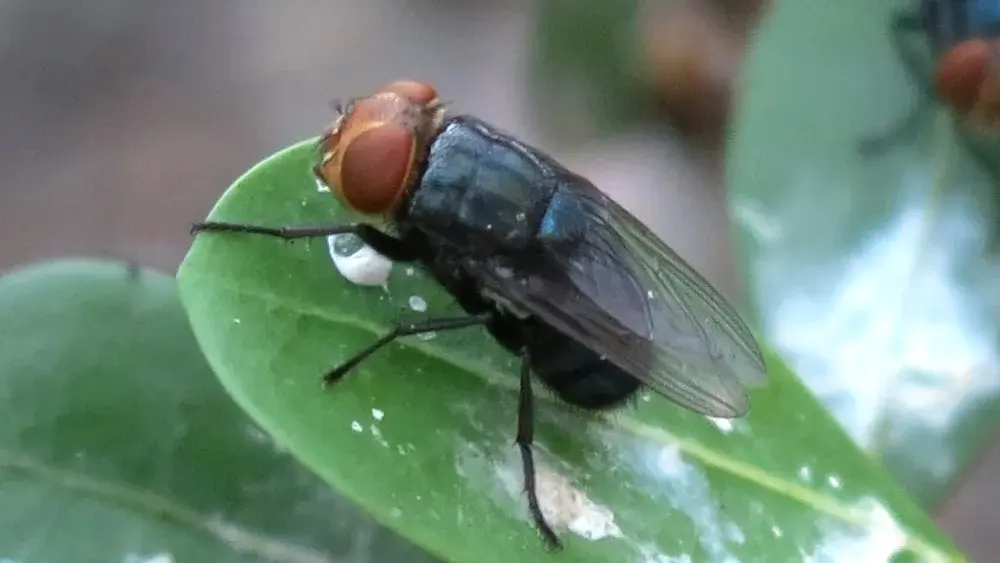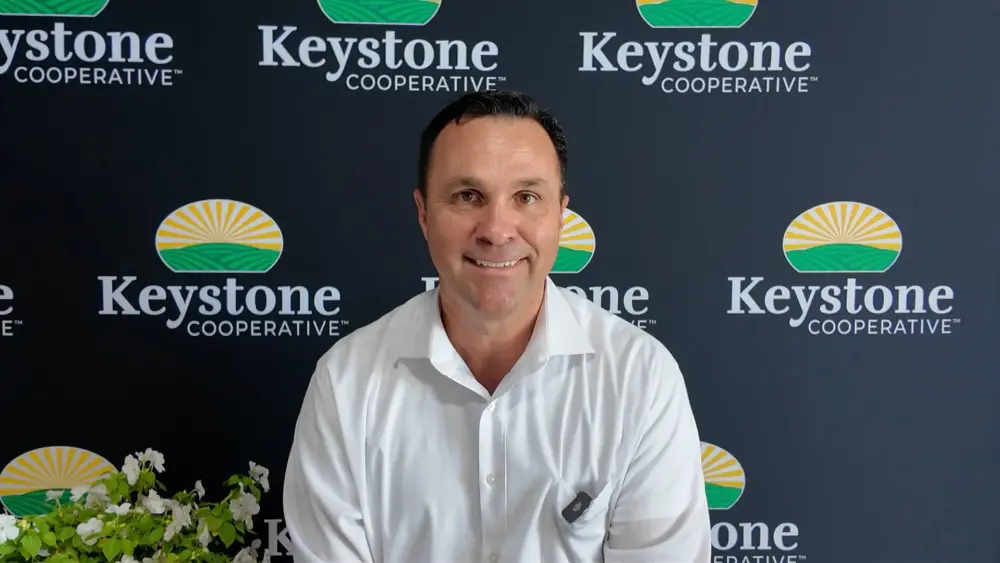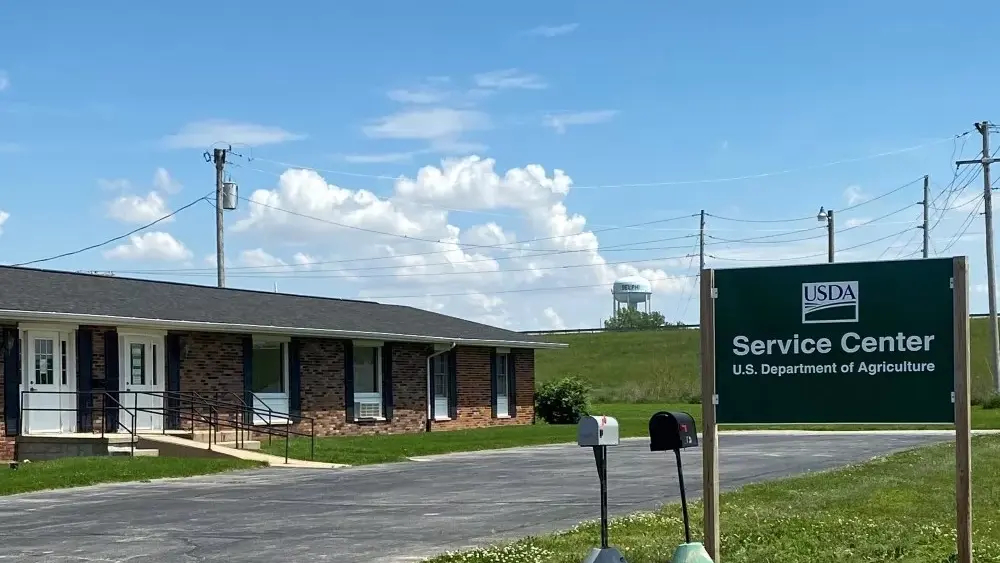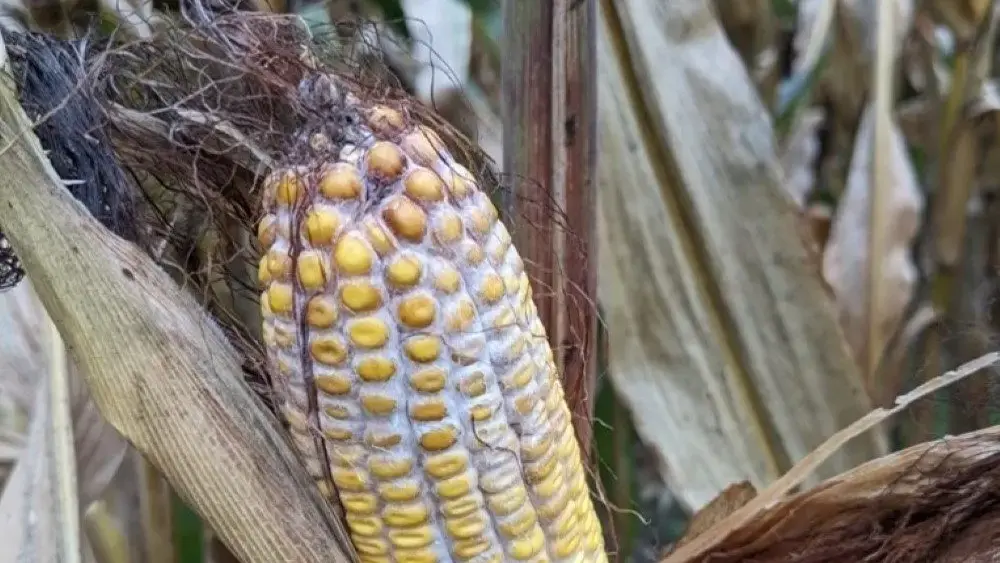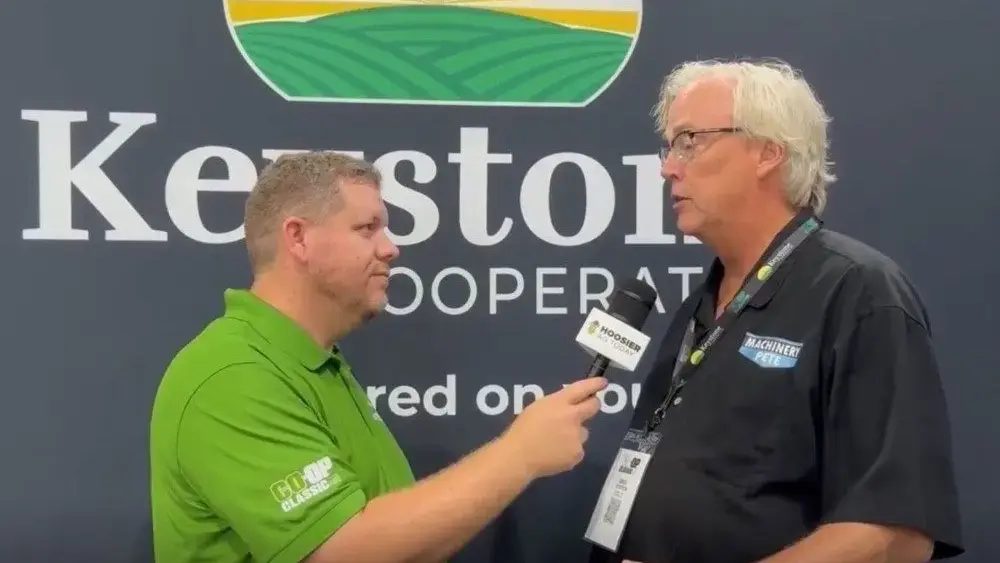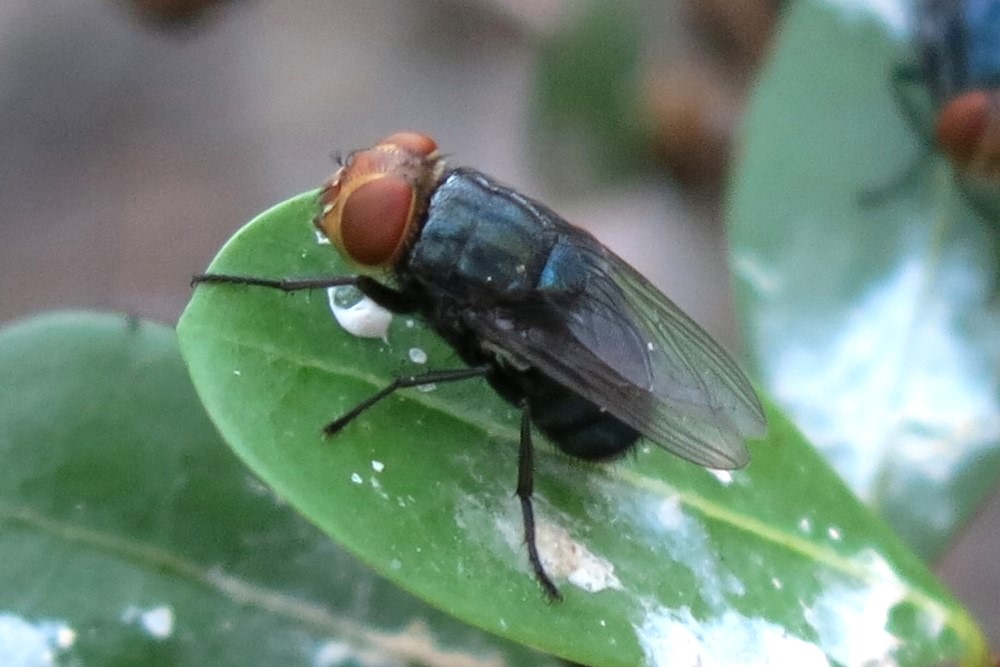
The first human case of New World Screwworm (NWS) in the U.S. has been confirmed by the Centers for Disease Control.
The disease appeared in a traveler who’d been returning to the U.S. from Central America, where the disease is already present. State veterinarians learned of the human case during a call last week with the CDC.
Oklahoma State Veterinarian Dr. Rod Hall said the patient lives in Maryland, where officials said they’re confident it is contained. Dr. Hall added that he believes the U.S. is probably more likely to get it in a person or pet than in livestock, at least in the short term.
South Dakota State Veterinarian Beth Thompson was quoted in a Reuters article as saying that when NWS was confirmed in Maryland, the CDC worked with local physicians to identify the larvae.
No livestock movement restrictions are in place. However, USDA is not allowing cattle, horses, or bison into the U.S. from Mexico for fear of bringing in the pest.
The name screwworm refers to the maggots’ (larvae) feeding behavior as they burrow into the wound, feeding as they go like a screw being driven into wood. The NWS maggots cause extensive damage by tearing at the hosts’ tissue with sharp mouth hooks. The wound can become larger and deepen as more maggots hatch and feed on living tissue. As a result, an NWS infestation in humans or animals can be extremely painful, and could possibly lead to death.
Source: NAFB News Service


